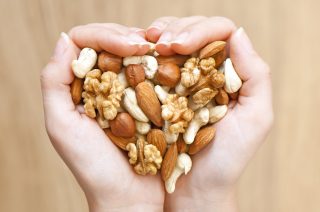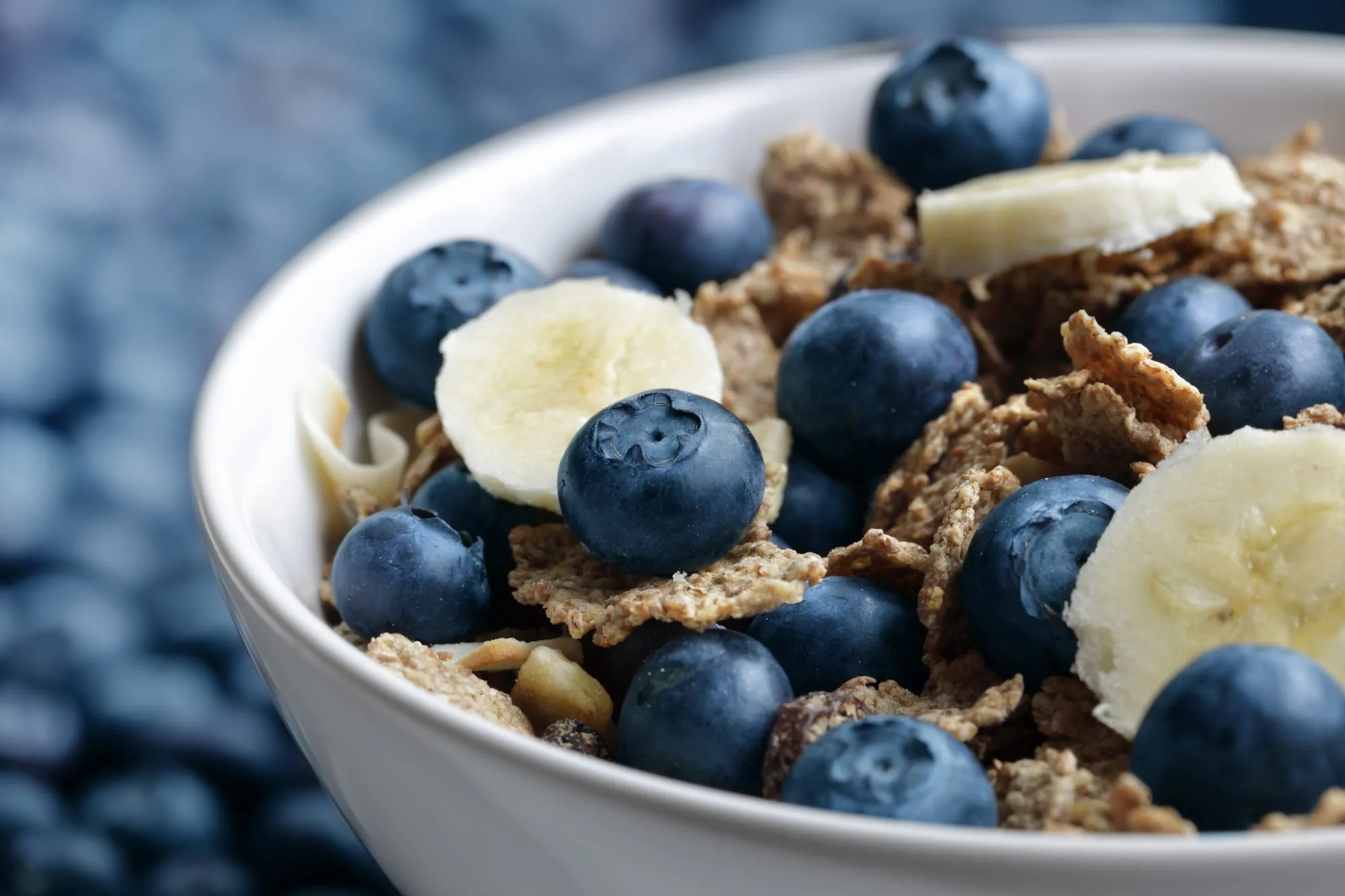In addition to being encouraged to eat our fruits and veggies, drink lots of water, and stay away from sugar, as a kid, having a healthy amount of fiber in our diet is probably one of the first things you were taught to do for your health. Not only is it vital for healthy digestion and colon health, but it also protects against heart disease and diabetes. Now, studies are being conducted to look at the effect a high-fiber diet has on our longevity, and the results show our mothers were right about eating our broccoli.
What other health aspects benefit from a high-fiber diet?
In the latest study, researchers in New Zealand found the risk of dying from heart disease, stroke, type 2 diabetes, and/or colon cancer plummeted by 16 -24 percent among those who consumed lots of grains, vegetables, and fruit compared to those with low-fiber diets. In addition, a separate US study found that a high-fiber diet promoted the growth of good bacteria in the gut and radically reduced intestinal inflammation in mice. It also found that dietary fiber countered inflammation in the brain’s immune cells which cause impaired cognitive function.
Goodbye inflammation
An earlier study by Newcastle University’s Institute for Ageing and Keio University in Tokyo found that suppressing inflammation is the most important driver of successful longevity.
According to the World Health Organisation, chronic inflammatory diseases are currently regarded as the greatest threat to human health, while researchers in the US noted that “chronic inflammation… is the cause of most chronic diseases and presents a major threat to the health and longevity of individuals.”
Health expert, Vanessa Ascencao notes that research shows that curcumin, a natural ingredient in the common spice, turmeric — used for centuries in Asian dishes – helps counter inflammation and its damaging effects.
A report shows that curcumin helps the body manage inflammation and anti-aging (known as inflammaging) and Ascencao says the powerful turmeric extract, Bio-Curcumin, has been shown to help deliver significant amounts of bio-active curcumin into the body, assisting this process.

Ascencao suggested the following additional measures to help counter chronic inflammation:
- Eat more anti-inflammatory foods such as fresh fruits and vegetables.
- Avoid sugar, artificial sweeteners, refined foods, trans or hydrogenated fats, and gluten.
- Exercise for at least 30 minutes a day and manage stress.
- Sleep for at least eight hours a night.
“In addition, follow a healthy diet high-fiber diet and natural whole foods, omega 3 fatty acids, anti-inflammatory foods such as tomatoes, olive oil, ginger, cloves, and turmeric, and choose a potent anti-inflammatory supplement such as Bio-Curcumin,” she added.
Your best forms of fiber today
- Chia seeds
- Sunflower seeds
- Berries
- Root vegetables
- Fermented foods
- Sprouts
- Fibrous vegetables
What about grains?
“I am not a big fan of your typical grains,” she explains, “as they are frequently contaminated with glyphosates and therefore not a good addition to your diet. Your best bet is to go with quinoa, as well as certified organic, gluten-free oats, but you don’t need this every day. Focus instead on ensuring you enjoy a high-fiber diet by getting your fiber from plant-based sources that are as close to their natural state as possible. You should have veggies 3 times a day.”
Top tip

If you want to activate/sprout your seeds and nuts, making them easier to digest and remove the phytates, here is how to do that. Soak your seeds or nuts overnight for between 8-10 hours in hot water.
The next morning, rinse them well and leave them to dry before sprinkling them with Himalayan sea salt and enjoying. Another method is to place them on a baking tray and bake them for 4-5 hours on low heat, around 40 degrees before adding salt and serving.



![women [longevity live]](https://longevitylive.com/wp-content/uploads/2020/01/photo-of-women-walking-down-the-street-1116984-100x100.jpg)










